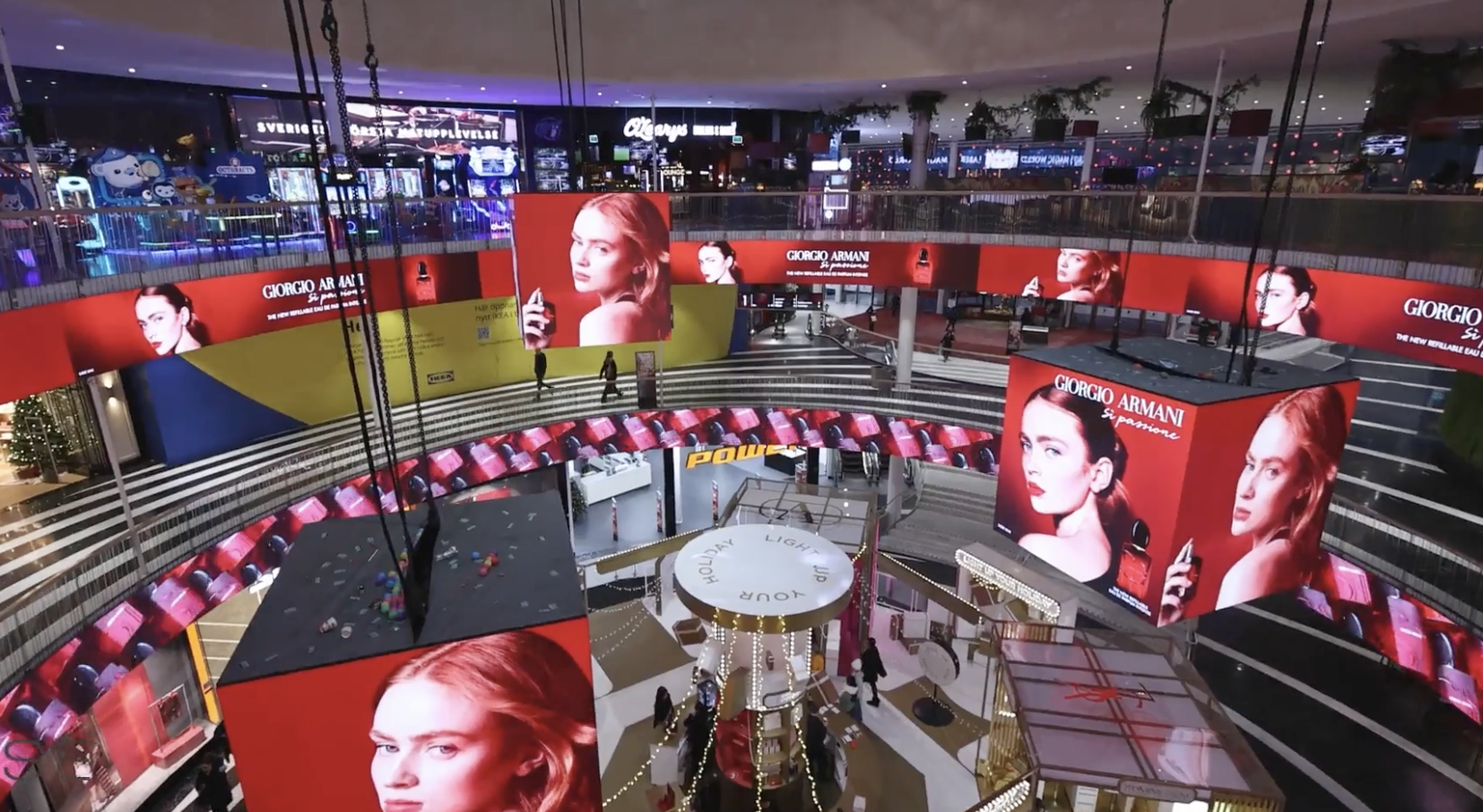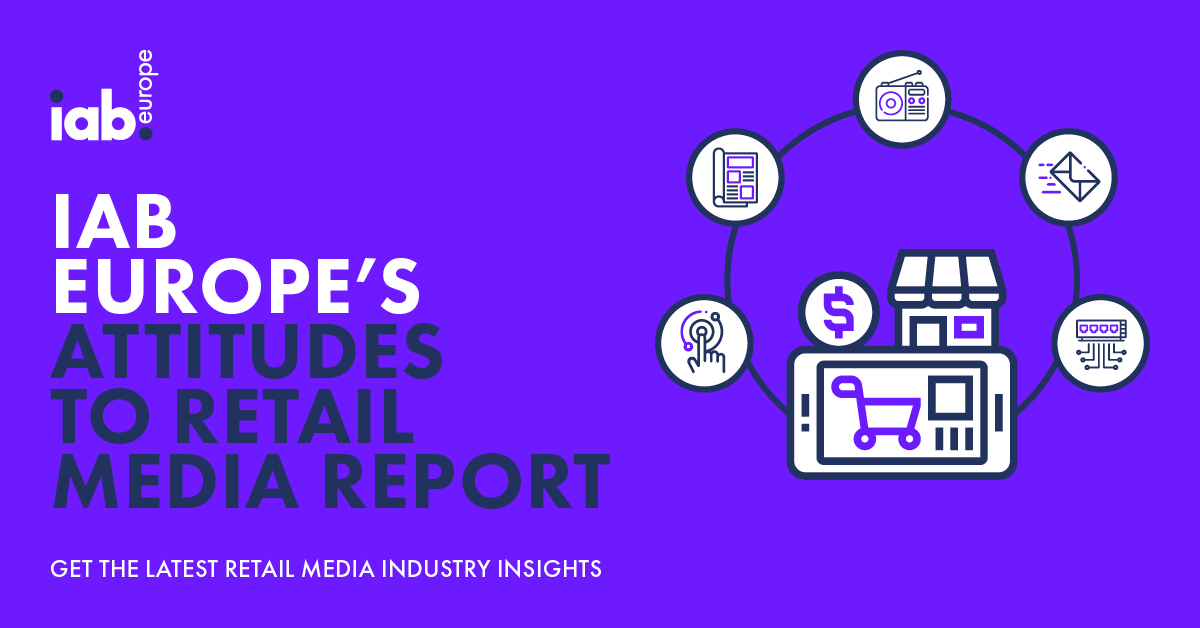The consumer has spoken: they want more mobile. More mobile payments, more mobile in-store services and more mobile commerce.
A global study of 6,000 consumers in select countries in Europe, APAC and the Americas, commissioned by Wirecard, finds that shoppers are chomping at the bit for more mobile commerce, more shoppable apps and more mobile payments.
They are also wanting to make more use of their devices and the connectivity that goes with them while in-stores. They want check-out – even staff – free stores, running as much of the shopping experience from their mobile as they do with pretty much all other aspects of their lives.
They want mobile payments, mobile based check-out and mobile based VR and AR to help them research their shopping, placing furniture in place or even trying on clothes. Looks like John Lewis is on to something with its AR trial for furniture shopping.
The study also finds that shoppers are much keener on voice shopping than you’d think: with 57% either strongly or somewhat agreed that using voice-assisted devices such as Amazon Alexa and Google Home would make shopping easier, and 44% either strongly or somewhat agreed that they would trust voice-assisted payments to do their weekly shop.
What makes the study interesting, however, is how global this phenomenon is and how the countries where consumers are the most keen on getting their hands on this mobile tech.
While the UK and US sees quite a lot of interest – as you might expect – it is in Thailand, Malaysia and Brazil where there is really significant consumer interest.
While 62% of Brits are keen to use apps to buy things, that figure leaps to an incredible 93% in Thailand.
The reason is pretty clear: they have leap-frogged western fixed broadband tech and have arrived straight at mobile and mobile has developed from 2G to 5G at such a rapid pace that they have caught up – and perhaps passed – the west in terms of use of the technology.
This is significant for two reasons to UK retailers. Firstly, it shows that mobile is a must and that there are huge numbers of shoppers who want to leverage mobile in a wide range of ways in the shopping process.
Secondly, it shows that it is an international trope. With Brexit “getting done” last week, many retailers and technology providers are going to have to look overseas for growth and development – particularly outside the EU, since who knows how relations will be there in a year’s time.
This means being mobile and developing an overseas strategy that is mobile first and mobile centric.
This is going to be vital in the years ahead to both domestic and international growth and those retailers that tap into are going to see their customers flock to them. Those that don’t… well, they won’t be around to tell the tale.









